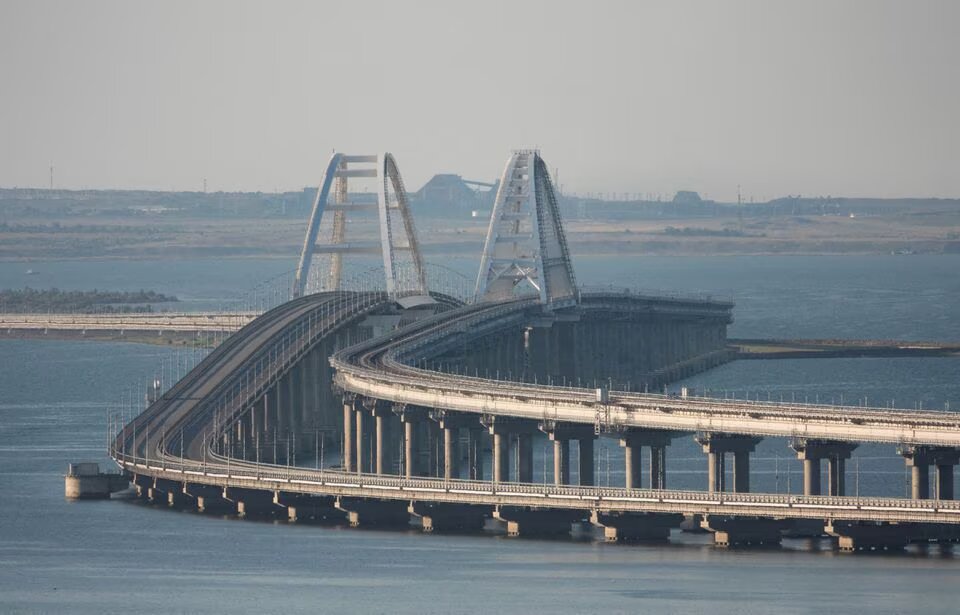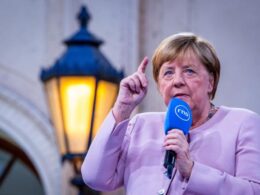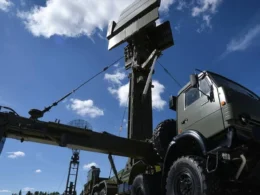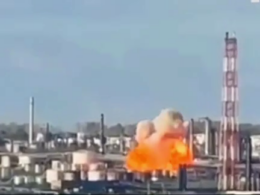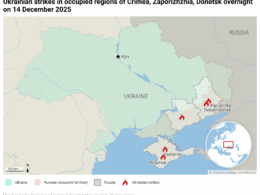The Biden administration's approval of a $61 billion military support package in April, after a six-month delay, has begun to show results: the introduction of ATACMS ballistic missiles, capable of hitting any target within 300 kilometers, has enabled Ukraine to strike with deadly precision in Russian-occupied Crimea.
The Economist writes that although a ground operation in Crimea remains distant, Russia is losing its grip in the aerial phase of this battle. With numerous strategic assets in Crimea now vulnerable, Ukraine is effectively leveraging its new military capabilities. Despite maintaining some restrictions on American weapons targeting Russian territory, the Biden administration has allowed the use of these powerful missiles in Crimea, where Ukraine does not have to fight with "one hand tied behind its back."
Former US forces commander in Europe, Ben Hodges, emphasizes the strategic importance of Crimea to Russia. The peninsula, viewed by Russia as an "unsinkable aircraft carrier," has seen significant investment in military infrastructure, which is now at risk. British strategist Sir Lawrence Freedman points out that a large-scale amphibious assault on Crimea is not feasible, but the peninsula's numerous vulnerable targets make it a weak spot for Russia.
"Ukraine's campaign is a mixture of military and political strategy. Politically, it is Russia’s most vital asset; but it is also very vulnerable," agrees Nico Lange, a former adviser to the German defense ministry.
Ukraine's objective is to isolate Crimea, pushing Russian air and sea forces away from southern Ukraine and strangling the peninsula's logistics.
Ukraine's arsenal, including British and French-supplied Storm Shadow and SCALP cruise missiles, homemade maritime and aerial drones, and now ATACMS, has significantly impacted Russian defenses. Systematic attacks have already forced the bulk of the Russian Black Sea Fleet out of Crimea, degraded air defenses, and targeted key airbases. The much-vaunted S-400 air-defense systems have proven less effective, with combined drone and missile attacks costing Russia several of these expensive systems.
General Hodges asserts that Russian forces have "no place to hide" in Crimea. Enhanced by satellite and aerial reconnaissance from NATO allies and local informants, Ukraine has comprehensive knowledge of movements within Crimea. This intelligence enables precise targeting of both stationary and moving assets.
General Hodges believes that Ukraine will eventually destroy the Kerch Bridge when the time is right. However, a more immediate challenge may be the new railway line from Rostov through Mariupol and Berdiansk to Crimea. Dmitry Pletenchuk, a spokesman for Ukraine’s southern military command, notes that this railway indicates Russian recognition of the Kerch Bridge's vulnerability.
"They are looking for a way to hedge their bets because they know sooner or later, they will have a problem," he says.
As Ukraine continues its systematic campaign in Crimea, the peninsula is becoming a liability for Russia. The success of this strategy could be evident this summer if Russian tourists, usually flocking to Crimea's resorts, decide otherwise. Ben Barry of the International Institute for Strategic Studies observes, "Crimea has been turned from being a prestige project to a drain on Russian resources."
Related:
- Sources say high-ranking Russian officers hit by strike in occupied Crimea
- Frontline report: Months of strikes set stage for latest missile onslaught on Crimea
- Intercept of German generals planning Taurus strike on Crimean bridge: full translation
- Russo-Ukrainian war, day 683: Ukraine strikes Russian military sites in Crimea
- Ukraine's special ops landed in Crimea to guide missile strike on Russian warships

